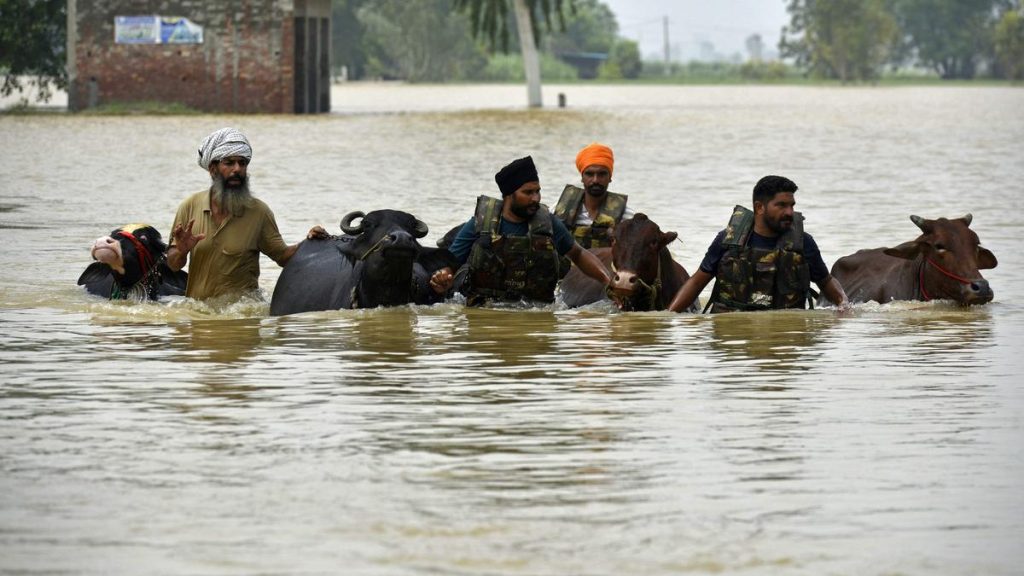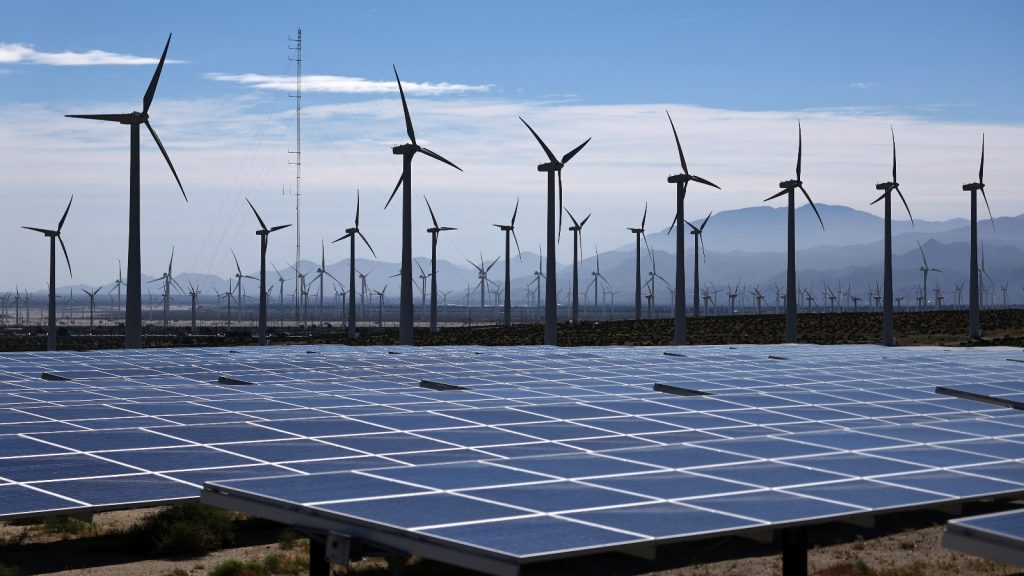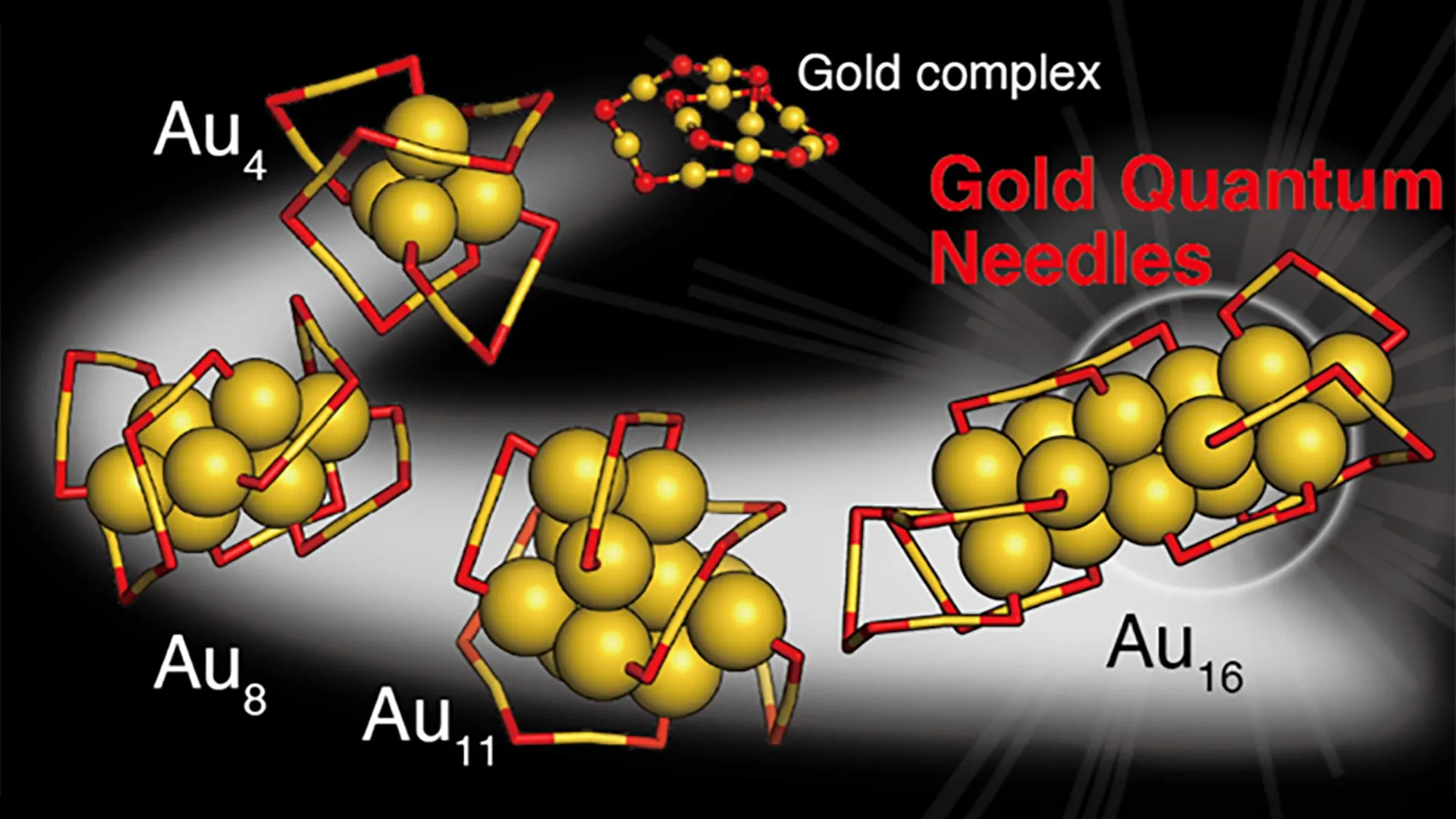Now Reading: Scientists Develop Carbon-Eating Plastic
-
01
Scientists Develop Carbon-Eating Plastic
Scientists Develop Carbon-Eating Plastic

Quick Summary
- Scientists at the University of Copenhagen have developed a method using PET plastic waste too create BAETA, an efficient material for CO₂ capture.
- The invention addresses two global challenges: plastic pollution and the climate crisis.
- BAETA is a chemically upgraded CO₂ sorbent that works at temperatures from room temperature up to 150°C, making it practical for industrial exhaust systems.
- PET plastic’s inherent chemical properties allow its change into BAETA using ethylenediamine for effective CO₂ binding. Once saturated, captured CO₂ can be released through heating for storage or reuse in sustainable applications like Power2X plants.
- Researchers aim to “upcycle” degraded plastics unsuitable for conventional recycling without competing with existing recycling initiatives.
- The team seeks investments to scale production and deploy the technology commercially in carbon capture plants and ocean cleanup efforts.
Indian Opinion Analysis
The breakthrough in transforming PET waste into BAETA represents notable innovation in combating climate change and pollution concurrently-a global issue that India faces on multiple fronts due to high levels of industrial emissions and growing plastic pollution nationwide. If successfully scaled, this technology could present new opportunities for India’s environmental sector by integrating it into industrial carbon capture systems or marine cleanup programs along polluted coastlines.While promising environmentally sustainable solutions frequently enough bear cost challenges, india’s expanding green energy goals could theoretically align with adopting these technologies if backed by strong policy frameworks and private-public investments. Furthermore, targeting hard-to-recycle PET materials complements existing recycling efforts within the country while addressing systemic inefficiencies in handling low-grade plastics.
Ultimately, wider implementation depends on decision-makers globally acknowledging interconnected environmental crises as mutually solvable issues rather than isolated threats-a outlook particularly relevant within Indian contexts where resource constraints demand innovative problem-solving across multiple domains concurrently.



























